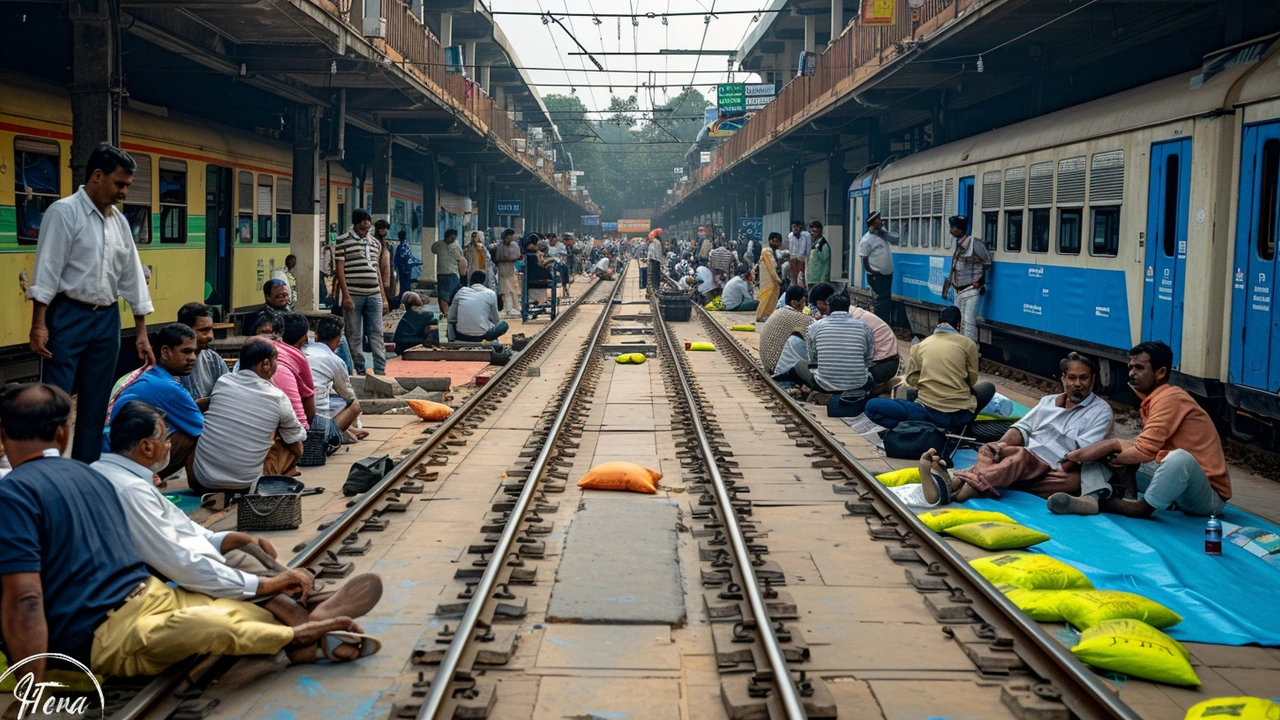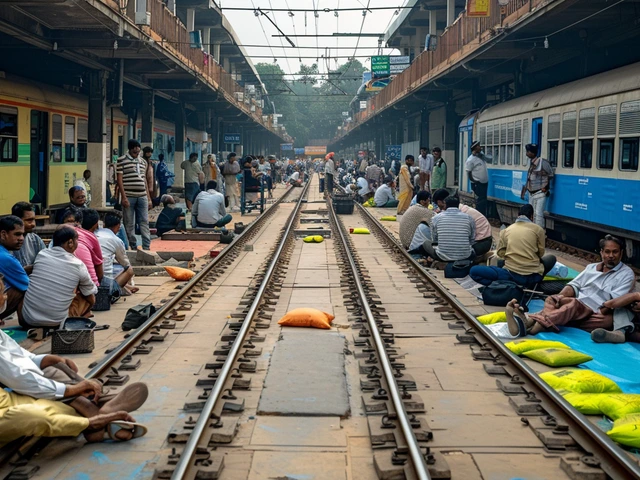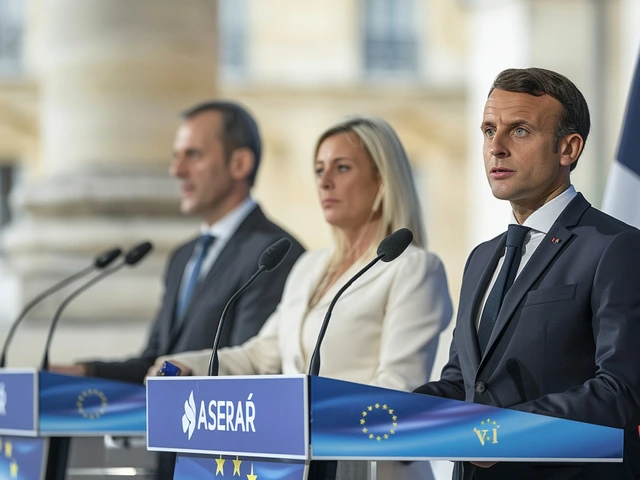India Anticipates Modi's Historic Third Term in 2024 Elections
India finds itself at a political crossroads as the vote counting for the 2024 general elections wraps up. Prime Minister Narendra Modi and his Bharatiya Janata Party (BJP) are widely anticipated to secure a historic third term in office, setting the stage for what could be a transformative period in Indian politics. Nearly a billion eligible voters participated in this electoral exercise, of which 642 million ballots have already been cast.
The seven-phase election concluded on June 1 amid extraordinarily challenging conditions. The voters braved a severe heatwave, with many regions recording temperatures exceeding 45 degrees Celsius. Tragically, the heatwave resulted in the deaths of numerous voters and election officials, casting a somber shadow over the democratic process.
Record Voter Turnout and Electoral Dynamics
Despite the sweltering heat, the voter turnout was markedly high, indicating a robust engagement with India's electoral process. Over 90% of the votes were cast using electronic voting machines (EVMs), further streamlined by technological advancements aimed at ensuring a smooth and efficient counting process.
Exit polls have consistently indicated a decisive victory for Modi and the BJP, projecting a potential two-thirds majority in parliament. Such a majority would not only affirm Modi's political dominance but also empower the BJP to propose significant constitutional amendments. With this level of control, the government can make far-reaching changes that could redefine India's political and socio-economic landscape.
In regional politics, the BJP has already secured victories in Arunachal Pradesh and Sikkim, underscoring its expansive influence across different parts of the country. This regional strength further consolidates the party's position on the national stage.
Challenges and Criticisms
However, the journey to this anticipated victory has not been without controversy. Critics, including various international human rights organizations, have expressed growing concerns over what they perceive as threats to India's democratic fabric. Allegations have surfaced accusing the BJP of targeting political opponents, thereby undermining the essence of a free and fair electoral process.
The opposition INDIA bloc has been vocal in its criticism, with leaders like Arvind Kejriwal taking a strong stand against what they label as 'dictatorship.' Kejriwal and other opposition figures have been embroiled in criminal investigations, with their allies alleging that these are politically motivated actions orchestrated by the BJP to weaken opposition voices.
The Road Ahead
As the final votes are counted, the focus will shift to how Modi's potential third term will unfold. Given the sweeping mandate that appears likely, the BJP will have a significant opportunity to implement its vision for India's future. Observers will keenly watch how the government addresses critical issues such as economic growth, social equity, and national security.
On the international front, Modi's administration will need to navigate complex geopolitical landscapes, balancing relationships with global powers while advocating for India's interests. The domestic policies will likely emphasize 'Make in India' and 'Digital India' initiatives, aiming to bolster the country's self-reliance and technological advancement.
Furthermore, questions around civil liberties, freedom of the press, and judicial independence will remain central to the public discourse. The opposition's role in this democratic setup will be crucial, holding the government accountable and providing alternative perspectives on governance and policy-making.
An Uncertain Yet Defining Moment
As India stands on the cusp of potentially re-electing Narendra Modi for a third term, the nation faces an uncertain yet defining moment in its democratic journey. The implications of this election will resonate far beyond the immediate political sphere, influencing the country's trajectory in myriad ways.
While a substantial mandate for the BJP may bring stability, it also raises questions about the balance of power and the vibrancy of India's pluralistic democracy. The next few weeks and months will be telling, as the newly elected government sets its agenda and the opposition recalibrates its strategies. One thing is certain: the world's largest democracy will continue to captivate both its citizens and global observers with its dynamic political landscape.






Post A Comment